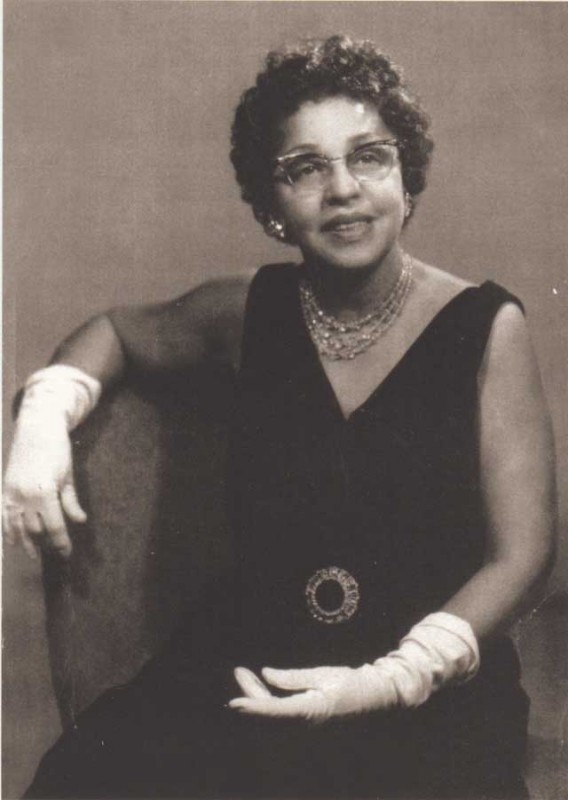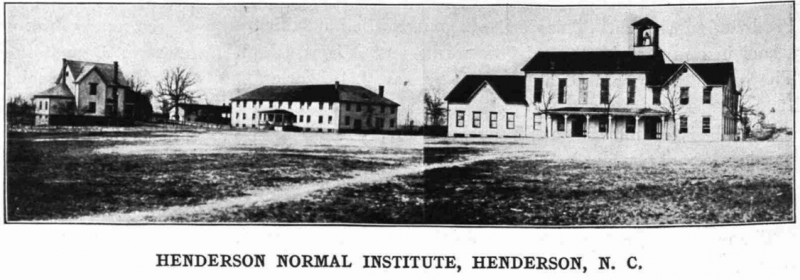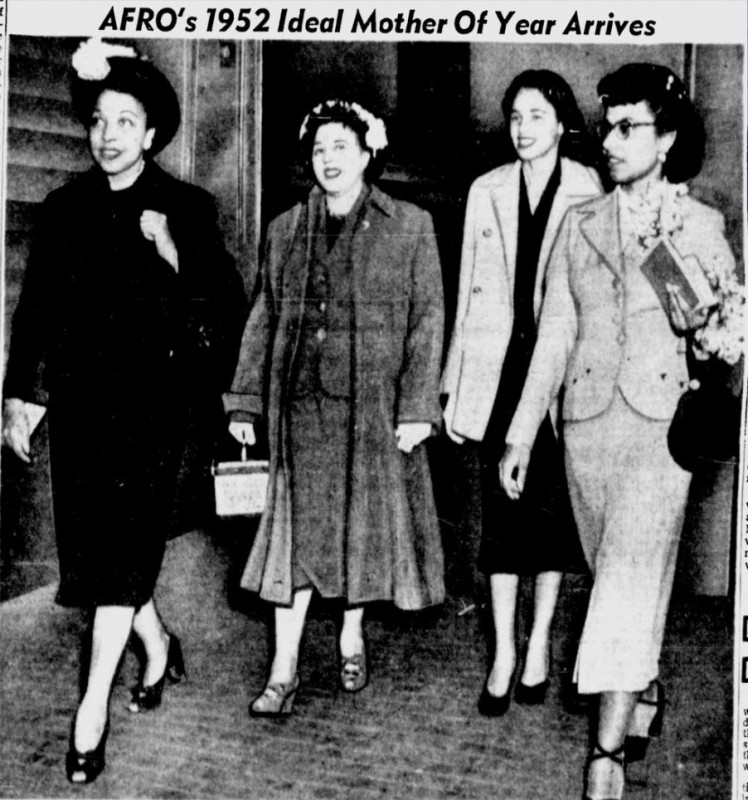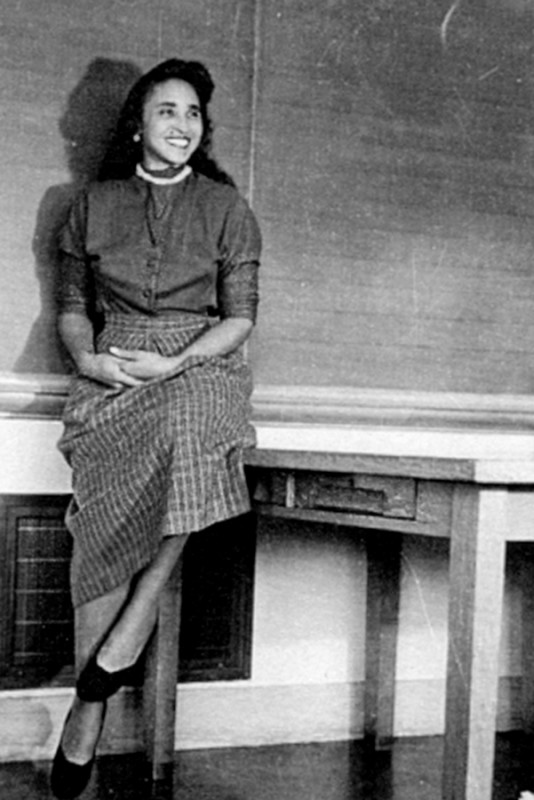 She raised career educators, doctors, lawyers, ministers: Six very successful children in addition to being an accomplished musician and community leader. And in recognition of that, she won Mother of the Year in the 1952 context sponsored by The Washington Afro-American.
She raised career educators, doctors, lawyers, ministers: Six very successful children in addition to being an accomplished musician and community leader. And in recognition of that, she won Mother of the Year in the 1952 context sponsored by The Washington Afro-American.
My grandmother was born Cleo Dix in Chattanooga, Tennessee this day in 1895.
Mama Cleo (as we called her) was a music student and a concert pianist. That is apparently what attracted the attention of my grandfather. She was in school in Henderson, N.C. at the Henderson Normal Institute where her uncle, Dr. John Cotton, was principal and president. My grandfather was sent there by his parents to attend school because there was no available school in Abington, VA. A “normal school” is what we today might call a teacher’s college: it is a program designed to teach people to be teachers. She went on to Knoxville College in Tennessee. My grandfather was apparently so smitten, that when Mama Cleo finished and moved back to Philadelphia with her mother, he moved as well and attended Lincoln University in Pennsylvania so that he could be near her. He finished his education with a PhD in Theology.
Mama Cleo was honored as the Baltimore Afro American’s 1952 Ideal Mother, an annual award. The award festivities included receiving a key to the city from the Baltimore mayor, speeches, luncheons – and lots of news articles. They apparently follow the winner around and document ever step, in addition to all the details that made the winner the ideal mother. While chronicling the achievements of her life, you find articles with sub-headings like, “Selected from Hundreds,” and “Accomplished Pianist,” and “Children Outstanding.” We also find, “Wore Brown Outfit” and details about the “brown rayon crepe suit with matching silk blouse….,” concluding, “Mrs. Williams is a slim (size 16), stylishly dressed matron, who posses a sweet voice and a winsome personality.” Even got the size. They covered it all.
Of particular note is the fact that Cleo Williams was what some used to refer to as the “Lady of the Manse” – she was the wife of a minister, and one who moved a great deal. She raised six very successful children in the process.
As for Cleo, she was an accomplished musician, studying music while in school, and continuing varied work in music ranging from directing The Twilight Singers, to organizing the production of concerts, to performing in local concerts herself. She was actually one of the musicians who would play piano in silent movies. !! Of course, as the wife of a minister (more on him on his birthday), she had a role and presence in every community in which they lived.
Her talent in music no doubt stretches farther back than I can reach. But perhaps most notably in the entertainment world is Jim Burris, her uncle. He was a Broadway entertainer, but also a composer who is best known for the song, “Ballin the Jack” — now a jazz standard — that was performed in a number of movies, including Me and My Gal (1942).
And six children:
My uncle Art (Arthur Franklin Williams) was the eldest. He retired a colonel after a very successful career in the Air Force, one that he began as a Tuskegee Airman. Second is my mother (for whom there will be no shortage of posts) who finished her degrees in English and became a college professor — and was Delta sorority’s Miss Ohio State in 1940. The birth order eludes me from here, but John Mark was a psychiatrist. Sadie Virginia was a music director in the Philadelphia public schools. Burton Dix was a minister following his seminary training. And Hattye Lorraine became a lawyer, and was the first black female federal law clerk.
She lived a very long life–the anniversary of her passing in 1981 was on the 19th of March.
So HAPPY BIRTHDAY Mama Cleo! And more of your stories yet to come……




